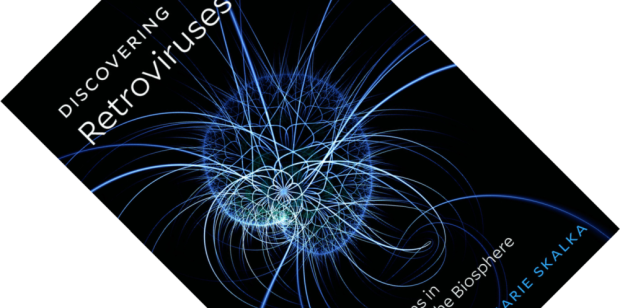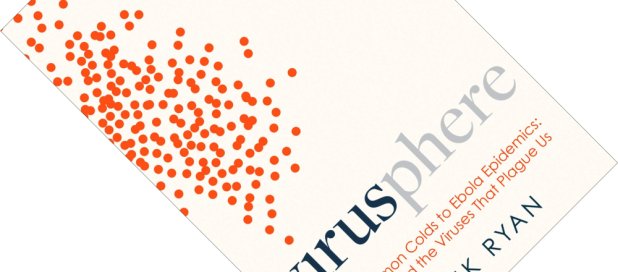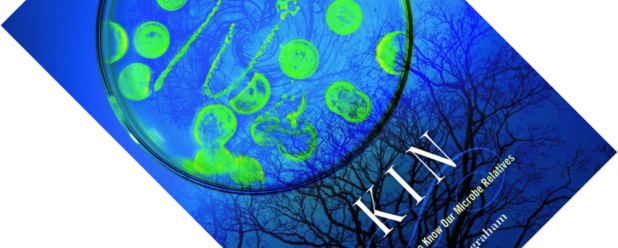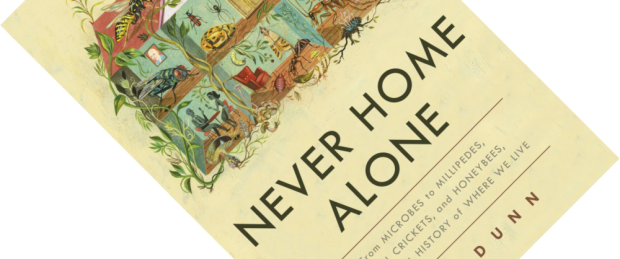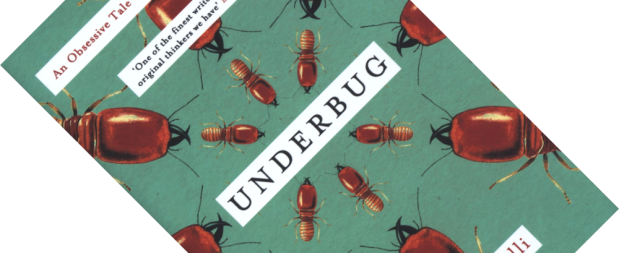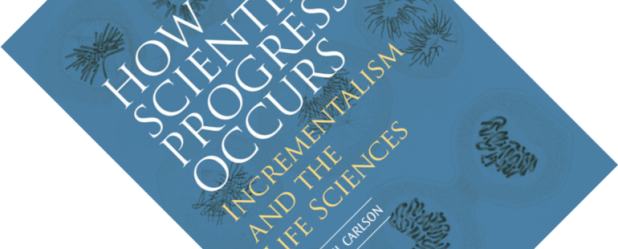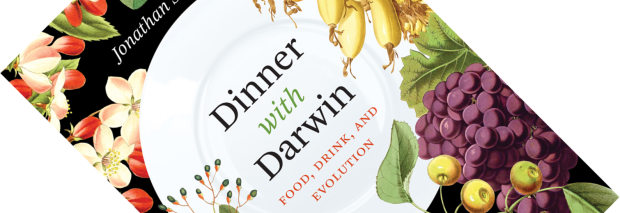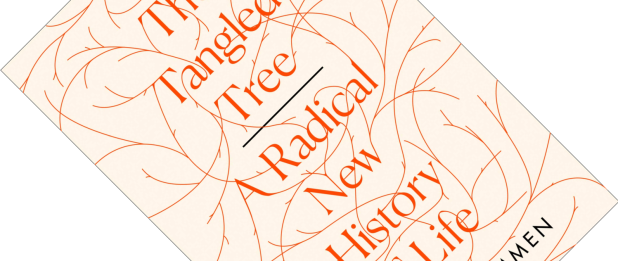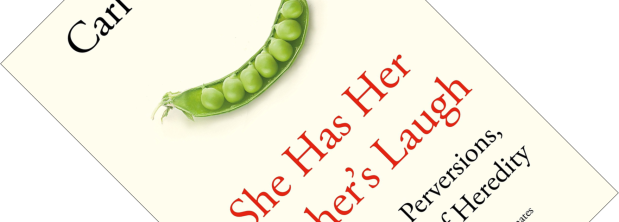In the already unusual world of viruses, retroviruses stand out for being even more so. Called “retro” because they reverse the flow of genetic information from RNA to DNA, rather than the normal DNA to RNA, they have turned out to be ancient, omnipresent, and incredibly influential. They are also important as they cause diseases such as AIDS. With Discovering Retroviruses, Anna Marie Skalka delivers a book dedicated to this particular group that is as technical as it is fascinating.
microbiology
Book review – Virusphere: From Common Colds to Ebola Epidemics: Why We Need the Viruses that Plague Us
Beware the virus. If there is one message physician and evolutionary biologist Frank Ryan is hammering home with this book, it is this. Viruses are absolutely everywhere and more numerous even than microbes. So much so that Ryan speaks of the virosphere rather than the biosphere. But more than harbingers of disease, they are also agents of evolutionary invention. Now why does that sound familiar?
Book review – Kin: How We Came to Know Our Microbe Relatives
The problem with many history books is that they are written long after the facts, sometimes when the original protagonists are no longer alive. Historians or journalists often have no choice but to puzzle together the pieces of their story from eyewitness testimony or archival sources. Kin: How We Came to Know Our Microbe Relatives is a welcome exception to this rule. Written by emeritus microbiology professor John L. Ingraham, currently 94 years young, this book gives an intellectual history of the discipline of microbiology based on over seven decades of first-hand involvement and observation.
Book review – Never Home Alone: From Microbes to Millipedes, Camel Crickets, and Honeybees, the Natural History of Where We Live
The term “wildlife” tends to evoke images of apex predators, cuddly creatures, or flagship species – usually vertebrate, usually mammalian – living outdoors in the wilderness of jungles, plains, or oceans. But what about closer to home? What about in your home? Ecologist Rob Dunn has written a delightful book showing that we live amidst a veritable zoo.
Book review – Underbug: An Obsessive Tale of Termites and Technology
When it comes to social insects, ants and bees get all the love. But, if you pardon the pun of the book’s title, termites are a bit of an underbug. While finishing up a previous writing assignment, author Lisa Margonelli got on the trail of the termite sometime in 2008 and spend the next decade obsessing over them. Tailing various scientists and sitting in on their day-to-day work, she here spins a wide-ranging tale about termites and the research they have inspired. The result is a hypnotic book that ranges well beyond this humble insect.
Book review – How Scientific Progress Occurs: Incrementalism and the Life Sciences
This review is part of a double bill. Cold Spring Harbor Laboratory Press recently published How Scientific Progress Occurs: Incrementalism and the Life Sciences. In it, Elof Axel Carlson explores the relevance to biology of the ideas Thomas S. Kuhn formulated in his book The Structure of Scientific Revolutions. Having read both books back-to-back, this review follows on the one of Kuhn’s book.
Book review – Microbes from Hell
I recently read about the American microbiologist Carl Woese (1928-2012) and his discovery of a completely new group of single-celled organisms, the Archaea, in Quammen’s book The Tangled Tree: A Radical New History of Life. These mysterious microbes thrive under extreme environmental conditions, so I was intrigued and keen to find out more. The French microbiologist Patrick Forterre here describes these microbes, the research that led to their discovery, and the questions and answers this has thrown up. Originally published in French in 2008 as Microbes de l’Enfer, The University of Chicago Press has now made this book available in English to a wider audience.
Book review – Dinner with Darwin: Food, Drink, and Evolution
Who could refuse such an invitation to dinner? In fourteen short chapters, Dinner with Darwin provides a smörgåsbord of topics on the role of food in human evolution and vice versa, many of which have been covered here in recent reviews. This is Jonathan Silvertown’s fourth book with the University of Chicago Press, and based on this, I would love to read his other books as well. Care to join me at the table?
Book review – The Tangled Tree: A Radical New History of Life
After I recently finished Carl Zimmer’s new book She Has Her Mother’s Laugh: The Powers, Perversions, and Potential of Heredity, I noticed there was one mechanism of heredity he mentioned only ever so briefly: horizontal gene transfer. Since it does not play a large role in humans, it is understandable he left it aside. And doing it justice would have required almost another book. Luckily, science writer David Quammen is here to give us that book.
Book review – She Has Her Mother’s Laugh: The Powers, Perversions, and Potential of Heredity
If Charles Darwin were to walk into my office today and ask me: “So, what did I miss?” I think I would sit the good man down with a copy of She Has Her Mother’s Laugh, telling him: “Here, this should get you up to speed”. Darwin struggled to explain how traits were being inherited from generation to generation. As New York Times columnist Carl Zimmer shows in this wide-ranging book, the story of heredity has turned out to be both diverse and wonderful, but has also been misappropriated to prop up some horrible ideologies.

